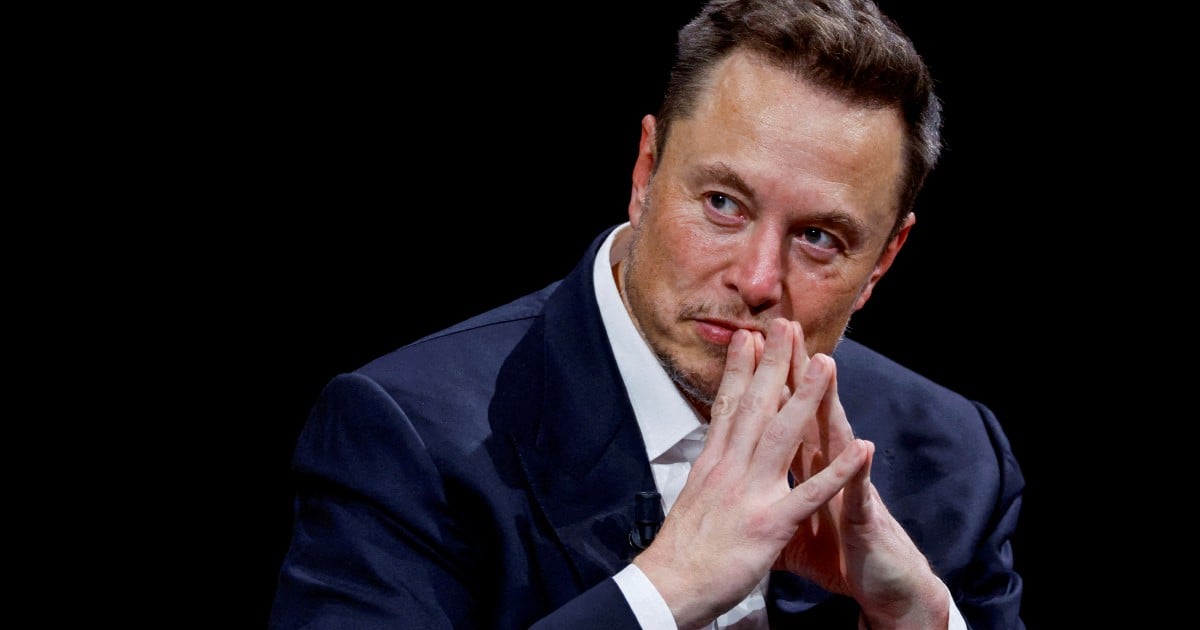TESLA for years had more repeat US customers than any other major automotive brand but its loyalty has plunged since CEO Elon Musk endorsed President Donald Trump last summer, according to data from research firm S&P Global Mobility.
The data, which has not been previously reported, shows Tesla’s customer loyalty peaked in June 2024, when 73 per cent of Tesla-owning households in the market for a new car bought another Tesla, according to an S&P analysis of vehicle-registration data in all 50 states.
That industry-leading brand loyalty rate started to nosedive in July, that data showed, when Musk endorsed Trump following an assassination attempt in Pennsylvania on the Republican nominee.
The rate bottomed out at 49.9 per cent last March, just below the industry average, after Musk launched Trump‘s budget-slashing Department of Government Efficiency in January and started firing thousands of government workers.
S&P analyst Tom Libby called it “unprecedented” to see the runaway leader in customer loyalty fall so quickly to industry-average levels. “I’ve never seen this rapid of a decline in such a short period of time,” he said.
The timing of Tesla’s plunging brand loyalty suggests the CEO’s involvement in politics turned off customers in the EV pioneer’s eco-conscious customer base, some analysts said.
“If they have Democratic leanings, then perhaps they consider other brands in addition to Tesla,” said Seth Goldstein, an analyst at Morningstar.
Tesla’s ageing model lineup also faces stiffer competition from an array of EVs from legacy automakers including General Motors, Hyundai and BMW.
The only new model Tesla has released since 2020, its triangular Cybertruck, has proved a flop despite Musk’s prediction of hundreds of thousands of annual sales.
On an April earnings call, Tesla CFO Vaibhav Taneja singled out “the negative impact of vandalism and unwarranted hostility towards our brand and people,” but also said there were “several weeks of lost production” when the company retooled factories to produce a refreshed version of its top-selling Model Y.
Musk on the April call said that “absent macro issues, we don’t see any reduction in demand.”
Tesla vehicle sales overall are falling globally and have declined eight per cent in the United States the first five months of 2025, according to S&P.
Sales fell 33 per cent over the first six months of the year in Europe, where public backlash to Musk’s politicking has been particularly fierce.
Musk’s increased political activism was “very bad timing” for Tesla, said Garrett Nelson, an analyst who tracks the EV maker at CFRA Research, because it came exactly as the company faced heightened competition from Chinese EV makers and other traditional automakers.
He said his top concerns for Tesla are its loss of market share and “what can be done to repair the brand damage.”
Tesla remains the US electric-vehicle sales leader but has seen its dominance erode as Musk last year delved into politics and focused Tesla more on developing self-driving technology than on new affordable models for human drivers.
Customer loyalty is a closely watched auto-industry metric because it is “much more expensive” to take new customers from competitors than to retain existing ones, said S&P’s Libby.
S&P offers some of the most detailed industry data on automotive purchases because it analyses vehicle registration data from all 50 states on a household-by-household basis.
Unlike survey data, it follows actual vehicle transactions to track how consumers migrate among brands and models.
From the fourth quarter of 2021 through the third quarter of last year, more than 60 per cent of Tesla-owning households bought another one for their next car purchase, the data show.
Only one other brand – Ford – posted a quarterly loyalty rate exceeding 60 per cent during the period, and only once.
Tesla’s average inflow of customers started to decline in July 2024 along with its loyalty rate.
Since February, Tesla has been gaining fewer than two households for every one it loses to the rest of the industry, its lowest level ever, according to the data.
“The data shows clearly that the net migration to Tesla is slowing,” Libby said.
Brands that now attract more Tesla customers than they lose to Tesla include Rivian, Polestar, Porsche and Cadillac, the data show.
* The writer is from Reuters
© New Straits Times Press (M) Bhd






